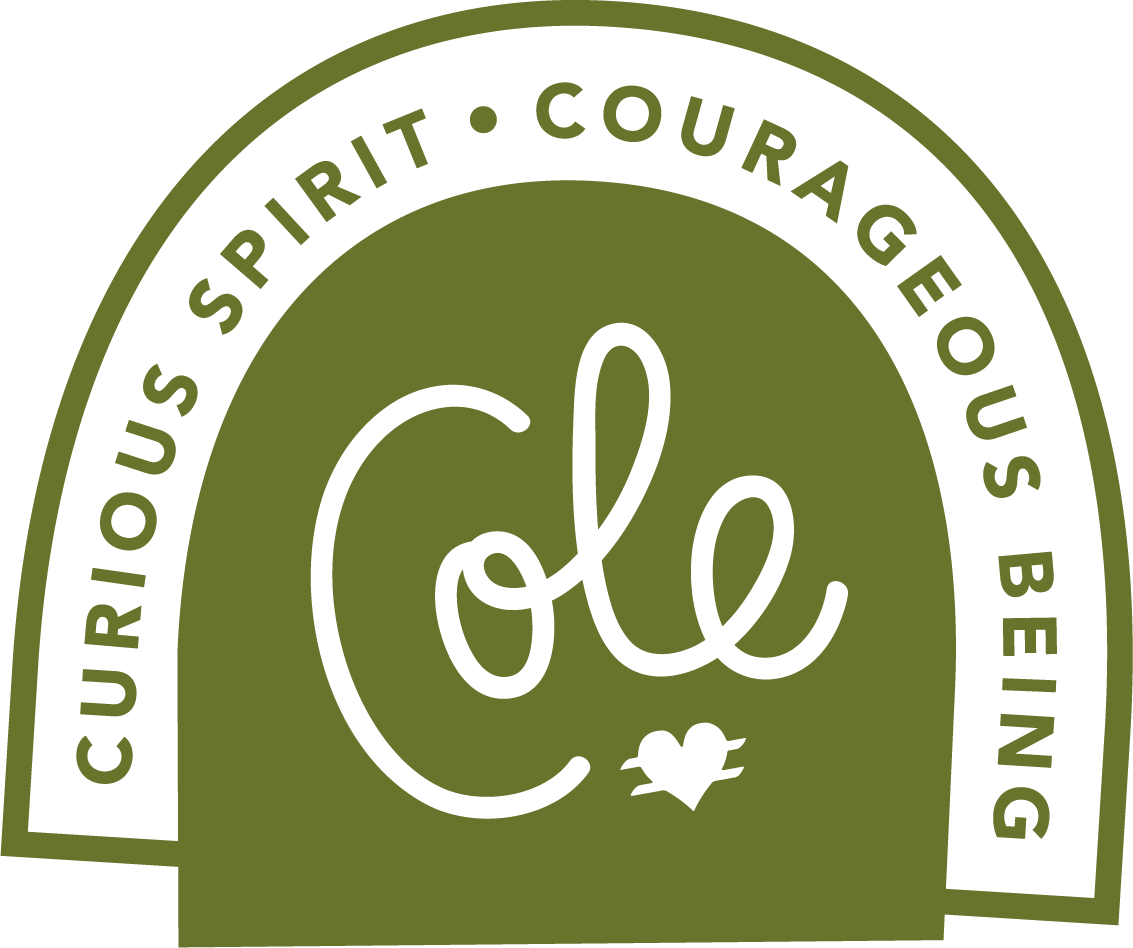What is Deathwork™?
Deathwork™ is Cole’s term that describes people who work with death, dying, grief, loss and bereavement in some way, even if that is not a primary component of the job. A Deathworker™ is her term for anyone in this role.
What do Deathworkers do?
You might be a Deathworker if you deal with death, dying, grief and loss in some way in the context of your profession or role in your community. Are you a school counselor helping students navigate divorces happening at home, deaths of loved ones or the multitude of Shadowlosses stemming from the pandemic? You might identify as a Deathworker. Do you work for a cleaning service that comes in after a death to clean a location? Then you might identify as a Deathworker. Some job titles, like funeral director or hospice nurse might have an obvious connection to Deathwork, but the reality is that Deathwork intersects with just about everything.
Why is this terminology important?
Death, Dying, Grief and Loss intersect with just about every job at some point, in some way. Having additional terminology helps improve the relationship with death, dying, grief and loss. When Deathwork is a normal part of every job, then it becomes less taboo, and our professional work can broaden to include education, training and development in and around these areas.
What is a Death Companion?
Popularized by Cole Imperi, the term “Death Companion” is used to describe someone involved in non-medical, non-judgmental support through the end of life journey. Death Companions do not provide medical or legal advice, but do make referrals. They are knowledgeable about the process of dying, death, grief and bereavement and local knowledge related to geographic, religious, family and cultural communities they may belong to. Death Companions are also Death Educators as they often become known resources within the communities they belong to.
Cole has trained around 1,000 individuals in 20 countries in her proprietary Death Companioning Educational Programming.
Death Companions are Deathworkers.
What need do Death Companions meet?
Individuals transitioning between the healthcare system and deathcare system can benefit from working with a Death Companion. Put another way—there are few professionals with a specialization in the transition period between dying and death. Death Companions are knowledgeable about not only this transitional phase, but also what comes before and after. They are uniquely qualified to provide support to those in need and can help you bridge the gap.
Why do people become Death Companions?
Many people want to find a way to expand their professional experience and skills into work with the public and/or individuals and family groups. Many people want to find a meaningful way to support their communities. Others want to serve their geographic, religious, cultural and/or family communities more deeply while supporting the roles of healthcare and deathcare professionals.
What kind of experiences bring people to Death Companioning?
Death Companions come from all kinds of backgrounds. Typically, there is some kind of catalyst that brings someone into this kind of Deathwork more directly:
the loss of a loved one
a significant Shadowloss
being a hospice volunteer
being a funeral director
having a near-death experience
being a physician, nurse or medical professional
time spent on the staff of a cemetery
religious institutions
work as a mental health professional
and more
There is a difference between having experienced personal loss and working as a professional with the losses others experience. Death Companions seek work in a professional capacity with death, dying, grief, loss and bereavement.



